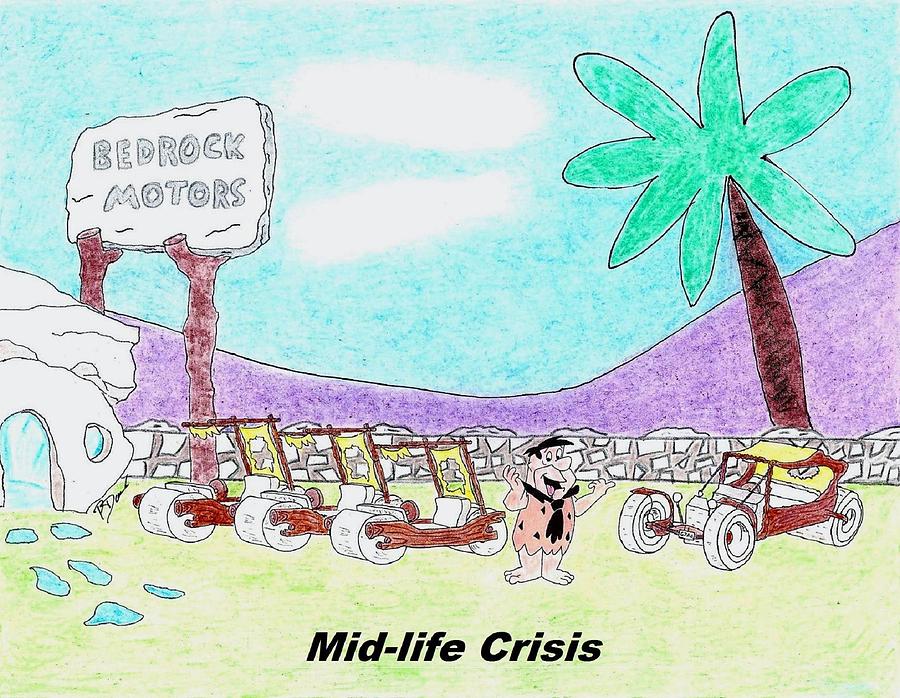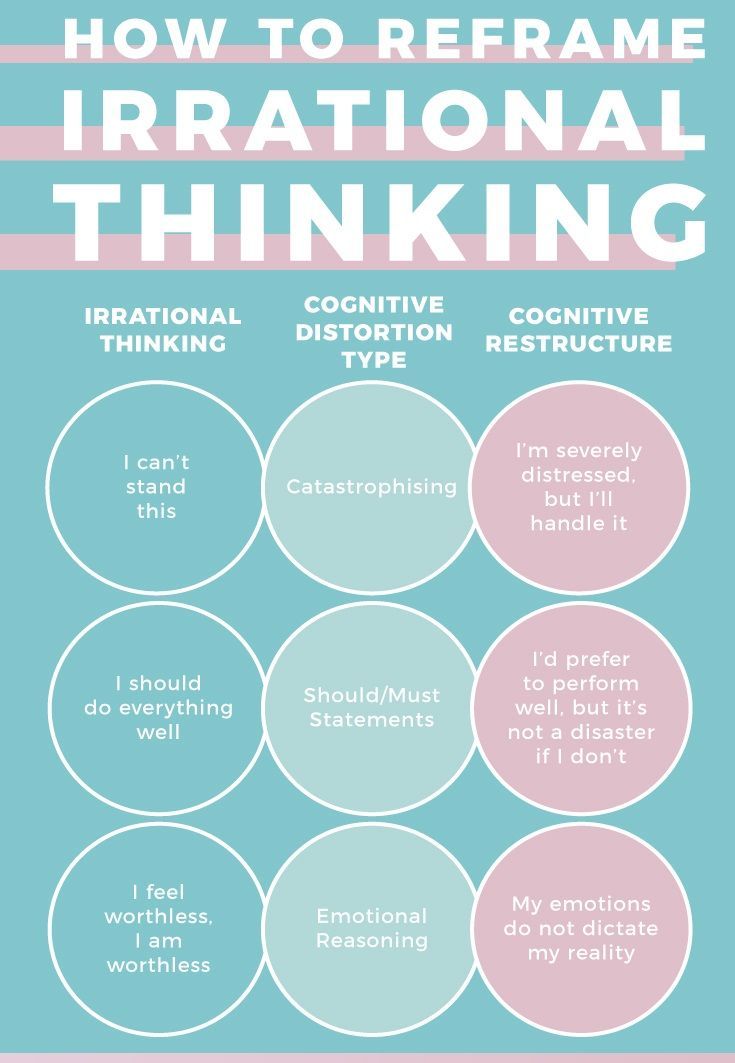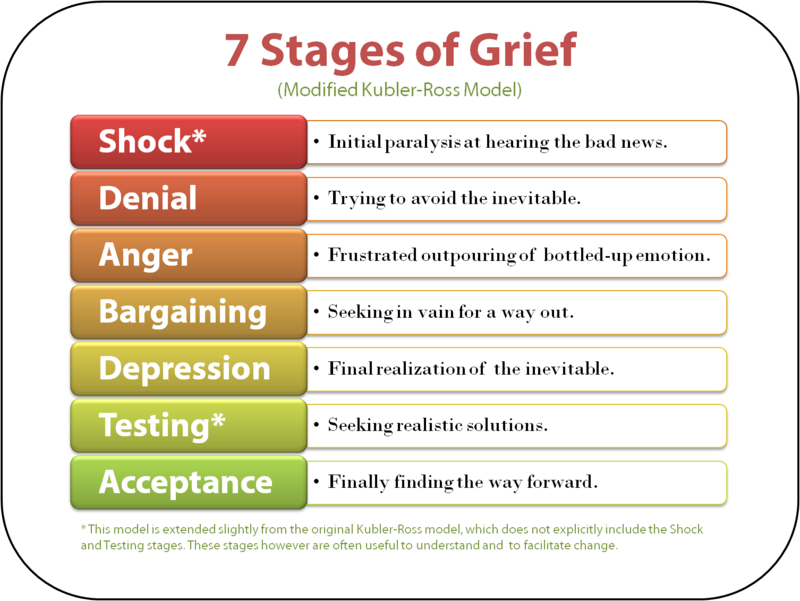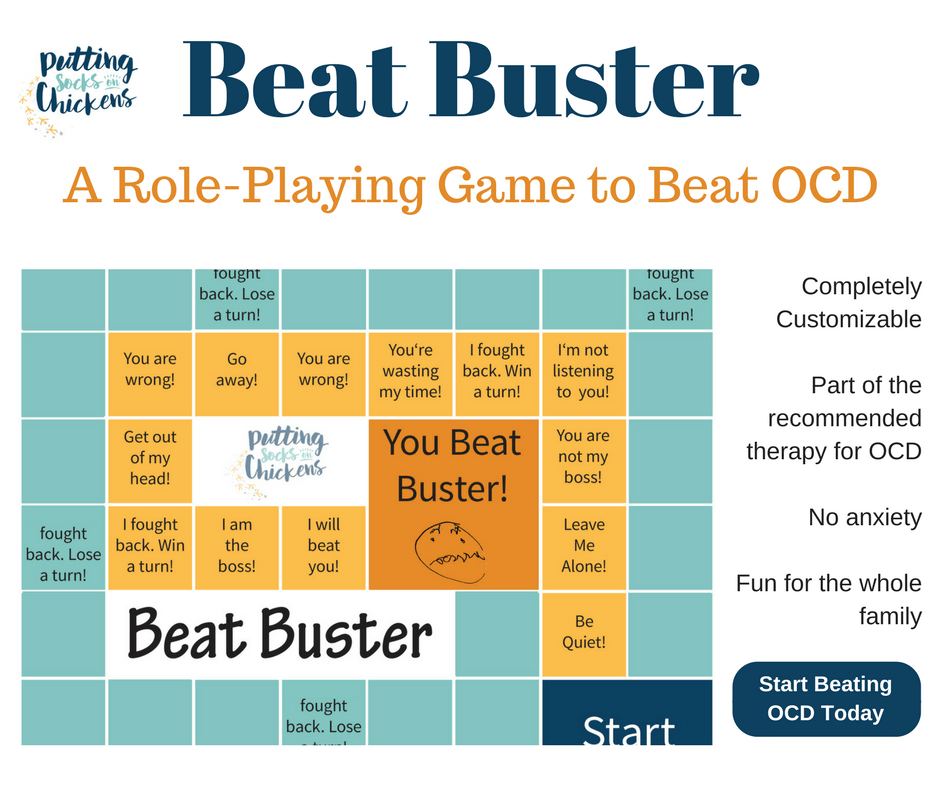Abandonment issues symptoms in children
Signs of Abandonment Issues in Adults and Children
In the following article, we’ll be looking at some common signs of abandonment articles, and what you can do about it.
What is the fear of abandonment? How can it lead to abandonment issues?
The fear of abandonment is a real struggle that many people face on a daily basis around the world. This is the fear of losing someone close to you or that someone will leave you. It could be that you fear the death of a loved one, or you are afraid your husband will leave for a work trip and never come home.
Like us if you are enjoying this content.
You may be afraid of getting fired, your girlfriend breaking up with you, your parents leaving. This fear comes in many shapes and sizes and will vary based on personal experiences, but it is there all the same.
When taken to the extreme (with obsessive, irrational thoughts and behaviors), it can affect many of your relationships in negative ways. It can be a major part of the Anxiety Disorders, Borderline Personality Disorder (BPD), and Major Depression.
Though it does not always indicate a mental disorder, it can. It is important to be aware of it, to get professional counseling if you sense it is a becoming a more severe issue.
Where does this fear originate?
This fear of abandonment usually stems from loss or trauma in childhood (a parent left, a close loved one died, incarceration, divorce, abuse, poverty) or not getting one’s emotional and physical needs met in childhood, leading to attachment issues (fear of abandonment could be a part of this).
Examples of emotional neglect include parental ridicule of children, stifling of their emotional expressions, relying too much on children to do parent responsibilities, relying on children to be parents’ emotional support, holding children to standards that are too high, not listening to them, and etc. These behaviors and experiences can dramatically alter a child’s life and worldview, and it can lead to serious abandonment issues in adulthood.
Signs of Abandonment Issues in Adults
- Lack of emotional intimacy. Too much emotional closeness is too in-depth. They leave first so that the other will not leave them. It is a means of taking back the power and protecting oneself.
- Clinging to unhealthy and toxic relationships. This is because losing them would be worse, or so they may think. This person will stay in a bad relationship just so they are not left alone, no matter how bad the situation is.
- The need for constant affirmation and reassurance. They help you believe that this person is not leaving. This stems from distrust, and the need for assurance can be exhausting.
- Feelings of unworthiness. You may not think that you deserve love.
- The tendency to move on quickly from relationships that end. Out of a fear of being alone. So any relationship is better than none.
-
An unhealthy attachment pattern.
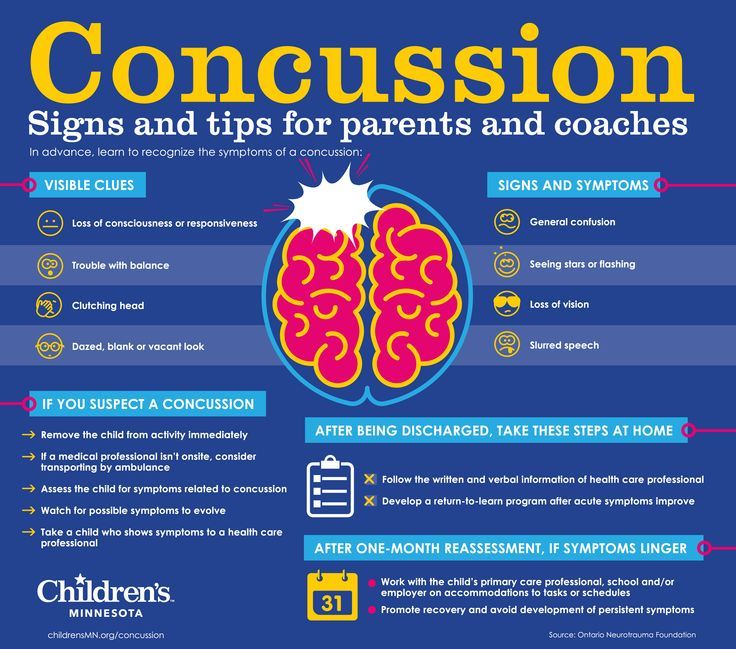 You could attach too quickly, or hardly at all to protect yourself from the pain of them leaving later.
You could attach too quickly, or hardly at all to protect yourself from the pain of them leaving later. - The need to please. If you don’t please them, they may leave you.
- Constantly pointing out flaws (in yourself or others). If, or when a relationship does not work out, you will have something (someone) to blame.
- Insecurity. You never are sure of yourself or confident in who you are, constantly afraid to be yourself because that may not be enough to keep someone around.
- Jealousy of others. Thought processes like this: “He seems to like her better. He will probably leave me for her.”
- A battle with trust. How can you know who is around for the long haul and who will leave?
- Hypersensitivity to criticism or temporary separation. Your partner does not answer your text for hours, and you panic, assuming the worst. Or you feel like every bad thing someone says to you means that they will leave or that you must not be good enough for them to stick around.

- A lack of commitment in relationships. This way you are not as easily hurt.
- A tendency to work hard for approval. You have to have this person’s approval, or he will leave.
Signs of Abandonment Issues in Children
- Separation Anxiety. Intense anxiety when separated from close loved ones, especially parents. They do not feel safe unless they are with that person(s).
- Panic when loses sight of parents/close people. Anxiety turns to panic.
- Fear of being alone. Struggles to know how to play alone or clings to others.
- Frequent sickness due to stress. This can manifest in various ways like headaches, stomachaches, and etc.
- Difficulty concentrating. Struggles in school to stay on task because of these fears.
It is imperative to check in with a child when they exhibit these signs in order to make sure that no real abandonment is occurring in the present. If you suspect childhood neglect or abuse, call your local abuse hotline.
If you suspect childhood neglect or abuse, call your local abuse hotline.
If you notice a child is walking through a divorce with his family, his mom just left their family, or something similar, they most likely will struggle with some abandonment issues.
Effects of Fear of Abandonment on Relationships
- Lack of emotional intimacy and depth
- The one struggling may be territorial, clingy, and manipulative.
- Lack of trust. without trust, a relationship is never healthy.
- Actual abandonment of the relationship. the other may actually leave.
- Relationship fatigue, not being able to withstand the pressure of the symptoms of this fear of abandonment
- Codependence
How to Overcome Abandonment Issues
1. Seek a Professional Counselor
This can never be overestimated. Counselors can help you work through any past hurt caused by real abandonment, and they can help you work through your present fears through various therapies, like CBT.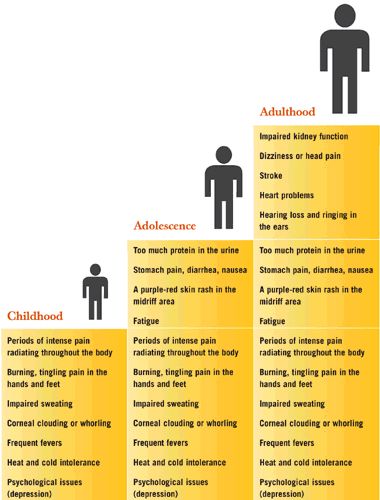
2. Establish healthy boundaries.
Notice if you tend to people-please or do a lot for others with it not being reciprocated. It is good and healthy to say “No,” and this is a word with which you may need to become familiar. If someone “leaves” after you say no, then they probably were not a good person for you to engage with anyway.
3. Begin a consistent self-care routine.
When you take care of yourself, you are demonstrating that you care about yourself. This care helps build a healthy sense of self-worth, which helps build a belief that you are worth someone else’s time.
4. Challenge irrational and unhelpful thoughts with truth.
When thinking about someone you love leaving you (death, divorce, etc.), and your thoughts are a bit irrational, it is important to see that and challenge them.
Replace them with more helpful thought patterns. For example, my spouse has not called to say she is coming home from work yet. What if she decided to leave? Or what if she had a car accident? What would I do? I can’t live without her.
What if she decided to leave? Or what if she had a car accident? What would I do? I can’t live without her.
Look at those thoughts, and find alternative ways to think about the situation in a more rational way. For example, my spouse has not called to say she is coming home from work yet. She probably just forgot or got stuck at the office for a couple of minutes. I will text in a bit to see if everything is okay.
5. Find evidence that contradicts the fear.
For example, you fear your mom will leave you like your dad did when you were little. However, she has never given you any reason to believe that she will leave you. She has not left you yet. Hold on to what is true.
6. Hold fast to faith in Jesus.
Remember that even if the world abandoned you, “He will never leave you or forsake you.” Let that be enough.
The fear of abandonment does not have to destroy your life and your relationships, but it can when left untreated.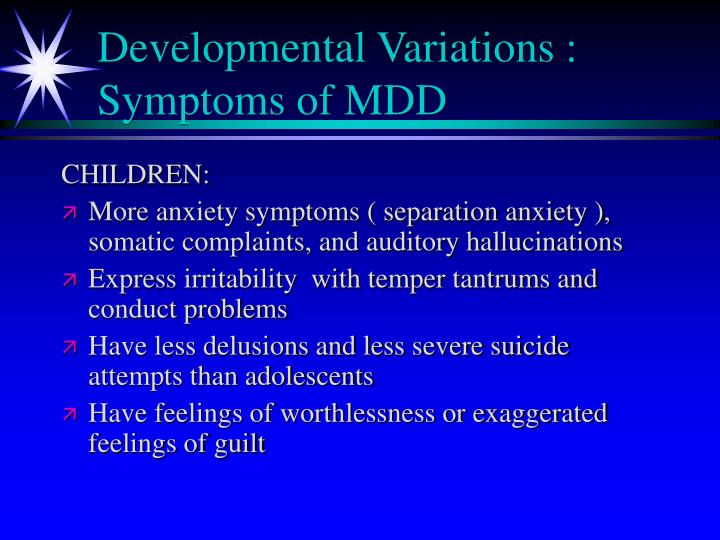 Be aware and take notice if you display any of the aforementioned signs and symptoms of abandonment issues. It is never too late to grow and overcome.
Be aware and take notice if you display any of the aforementioned signs and symptoms of abandonment issues. It is never too late to grow and overcome.
Resources
- https://www.healthline.com/health/mental-health/abandonment-issues#symptoms
- https://www.goodtherapy.org/learn-about-therapy/issues/abandonment
- https://www.aconsciousrethink.com/6064/signs-abandonment-issues/
- https://www.verywellmind.com/fear-of-abandonment-2671741
Photos:
“Swing”, Courtesy of Artem Beliaikin, Pexels.com, CC0 License; “Compass”, Courtesy of Supushpitha Atapattu, Pexels.com, CC0 License; “The Hiker”, Courtesy of Immortal shots, Pexels.com, CC0 License; “Mother and Child”, Courtesy of Flora Westbrook, Pexels.com, CC0 License
Signs, symptoms, treatment, and more
Abandonment issues is an informal term that describes a strong fear of losing loved ones or of them leaving a relationship. This fear can result from trauma, anxiety, and other mental health conditions.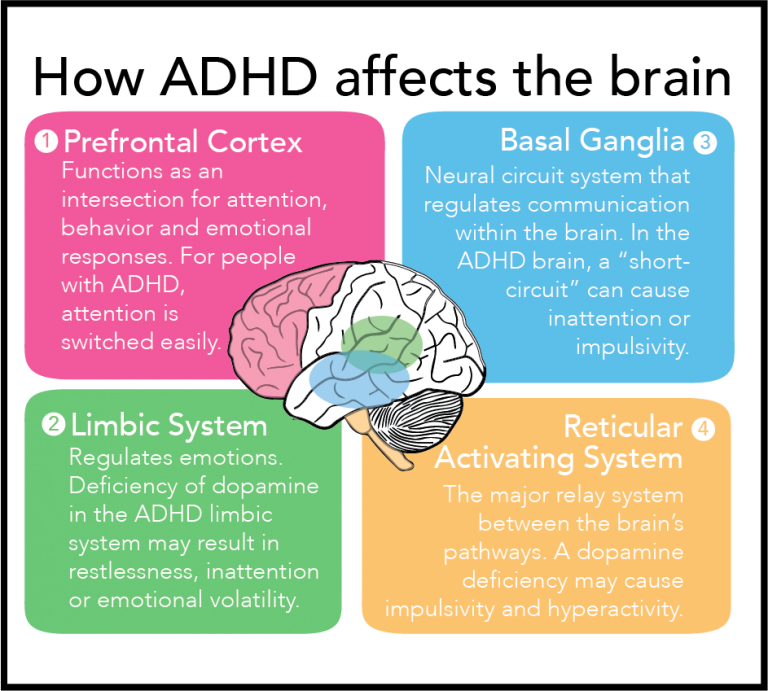
“Abandonment issues” is not a distinct diagnosis, but is a form of anxiety that can affect relationships throughout life. As such, it can refer to many things.
Fear of abandonment can come from an anxious attachment style or early childhood trauma. It is also a feature of some mental health conditions, such as borderline personality disorder (BPD).
Keep reading to learn more about abandonment issues in both adults and children, including the signs, causes, and treatment options.
Fear of abandonment is not a distinct mental health condition. Instead, it is a type of anxiety that can manifest itself in different ways.
For example, some people who fear abandonment may feel generally insecure in relationships and need frequent reassurance from their partner. This is known as an anxious attachment style.
Attachment styles are the ways in which people form relationships. People develop an attachment style as they grow up. People with an anxious attachment style may:
- worry that friends or partners will leave them
- constantly look for signs that others do not really like them
- need frequent reassurance that others love them
- always try to please others, even at their own expense
- give too much in relationships, or have a lack of boundaries
- stay in unhealthy relationships due to a fear of being alone
Intense fear of abandonment can also be a feature of personality disorders, such as BPD and dependent personality disorder (DPD). These conditions have their own set of symptoms.
These conditions have their own set of symptoms.
Signs of abandonment issues in children
In children, some degree of worry about caregivers leaving them is developmentally typical. This is known as separation anxiety.
Separation anxiety is a part of child development in infants and very young children. It typically begins between 6–12 months and peaks at around 3 years old. Signs include:
- being reluctant to leave their caregiver
- crying or having tantrums when a caregiver leaves the child somewhere
- feeling anxious about going to day care or school
A child may continue to experience separation anxiety for much of early childhood. This is especially the case in new or unfamiliar settings, such as on the first day of school. This separation anxiety does not necessarily mean they will have abandonment issues as adults.
However, children who develop an anxious attachment style may go on to experience insecurity in other relationships, too.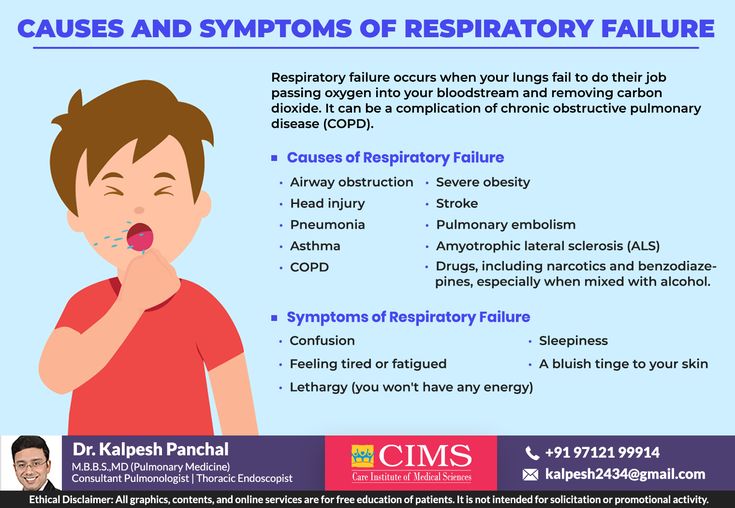 Sometimes, children develop an intense form of separation anxiety that doctors classify as a disorder.
Sometimes, children develop an intense form of separation anxiety that doctors classify as a disorder.
How fear of abandonment affects a person can depend on the cause. However, this anxiety typically makes forming healthy and secure relationships with others more challenging. A person may:
- Have anxiety: Both children and adults with fear of abandonment may feel chronically anxious, especially if they feel a relationship is about to end.
- Experience relationship challenges: Anxiety about abandonment can alter a person’s perceptions of their relationship, causing them to see problems where none exist. They may be sensitive to any sign of rejection or find it difficult to trust that their partner will not leave. This can result in clingy behavior, which may impact the relationship.
- Communicate poorly: People with abandonment issues may develop harmful communication techniques to ease their anxiety. For example, they may engage in attention-seeking behavior to get the love they feel they might lose.
- Engage in harmful behavior: People with a fear of abandonment can sometimes try to prevent their partner from leaving them through manipulative or even abusive behavior. For example, a person may try to prevent someone from socializing with others. This is a form of coercive control.
The causes of a fear of abandonment are complex. For some people, a clear life event triggered the fear. For others, it may be a combination of factors. Some examples include:
- Abandonment: Adults sometimes fear abandonment because they experienced it as children. This may have happened with a parent, foster parent, or another caregiver.
- Neglect or abuse: Mistreatment from caregivers and behaviors that a child finds scary can be traumatic or cause anxiety, making it difficult to form healthy attachments. This may affect their future relationships. Early trauma or abuse is also a risk factor for BPD.
- Family instability: A parent or caregiver who is not consistently affectionate or present may create anxiety in a child.
This inconsistency could be intentional or unintentional.
A fear of abandonment is a symptom rather than a diagnosis. As a result, psychologists do not diagnose it.
However, they may identify a fear of abandonment as part of a wider pattern or as one symptom that could indicate a mental health condition.
A psychologist may ask a person questions to see if their symptoms match the criteria in the Diagnostic and Statistical Manual of Mental Disorders (DSM-5). Clinicians use this manual to diagnose mental health conditions.
A person does not need a mental health diagnosis to get help. If fear of abandonment significantly affects a person’s life or relationships, they may benefit from professional support.
Talk therapy may help. During therapy, a person can explore their experiences of abandonment and potentially identify the cause of their anxiety.
Certain therapy models may be more helpful for certain types of abandonment fears. For example, cognitive behavioral therapy may help with separation anxiety, while dialectical behavior therapy may help with BPD.
A therapist can help individuals build self-esteem to feel more capable or lovable. They may also teach someone about establishing healthy boundaries and communicating effectively with partners.
Children with intense fears of abandonment can work with a child psychologist to address it. They may do this through play therapy, art therapy, or family therapy.
Supporting a person with a fear of abandonment can be challenging. They may perceive efforts to talk about the problem as criticism or worry that it means their partner will leave. As a result, it is important to approach conversations on this topic with patience and empathy.
When discussing someone else’s fear of abandonment, try to:
- Offer plenty of reassurance.
- Focus on them and how their fears are affecting their happiness.
- Express concern and love.
- Discuss what might help, if they are open to that discussion.
- Remain calm and consistent throughout the conversation.
It may be helpful to avoid the term “abandonment issues.” This term can have a negative connotation and reinforce the idea that something is wrong with the person.
To avoid triggering anxiety, do not:
- blame or criticize the person for their fear
- demand they change without offering support
- give them ultimatums, such as threatening to leave if they do not seek help
Supporting children
Children with a fear of abandonment may benefit from:
- consistent reassurance and attention from caregivers
- compassion and kindness
- a regular daily routine, as this can make life more predictable and reassuring
- regular check-ins that allow them to talk about their feelings
Remember that challenging behavior is often an expression of emotional turmoil. A caregiver may want to consult a child psychologist if their child experiences severe anxiety or does not gain confidence.
Individuals with abandonment issues will need to regularly manage their emotions to ensure the well-being of themselves and their relationships.
- Practice noticing anxious or self-critical thoughts when they arise.
- Counter these thoughts with self-compassion.
- Practice self-care by getting enough sleep, drinking enough water, and reducing unnecessary stress.
- Build a good support network, staying in regular contact with friends and family.
- Try activities that help build confidence outside of relationships, such as creative hobbies or sports.
Anyone who feels that abandonment issues negatively affect their mental health or relationships can seek support from a therapist. This may involve individual therapy, couple therapy, or family therapy.
People with a history of trauma or loss may also wish to speak with a mental health professional to address these issues, even if they do not seem directly related.
If a child shows signs of significant separation anxiety, a person may want to consult a pediatrician or child psychologist.
Abandonment issues can describe a range of things. As a result, there is no consensus on the outlook for people who fear abandonment. It depends on what is causing the fear.
For example, a person with an anxious attachment style may be able to build self-esteem through therapy. This can help ensure they no longer feel as anxious about being alone.
The prognosis for a condition such as BPD depends on the person’s ability to access treatment. Many people experience remission of symptoms, but this can take time and commitment.
Abandonment issues are a form of anxiety that occurs when an individual has a strong fear of losing loved ones. People with abandonment issues can have difficulties in relationships. They may exhibit symptoms such as codependency, clinginess, or manipulative behavior.
Therapy may help the person experiencing abandonment issues get to the root of their problems.
With support, both adults and children with a fear of abandonment can enjoy healthy relationships and good quality of life.
Rejection from school. What is School Refusal?
IMPORTANT
The information in this section should not be used for self-diagnosis or self-treatment. In case of pain or other exacerbation of the disease, only the attending physician should prescribe diagnostic tests. For diagnosis and proper treatment, you should contact your doctor.
School refusal is a form of anxiety behavior characterized by persistent avoidance of attending an educational institution. It manifests itself as an open unwillingness of the child to leave the apartment, enter the building of the school (sports center, creative studio). Associated symptoms: anxiety, fears, psychosomatic reactions. Diagnosis is carried out by conversation, psychological testing. Correction is carried out by methods of behavioral psychotherapy, supplemented by drug treatment - the use of tranquilizers, tricyclic antidepressants, serotonin reuptake inhibitors.
- Reasons for dropping out of school
- Pathogenesis
- School refusal symptoms
- Complications
- Diagnostics
- Treatment for school refusal
- Prognosis and prevention
- Prices for treatment
General
School refusal is a common complaint, the basis of which is a neurotic disorder: school phobia, fear of maternal separation, social phobia. Persistent reluctance to go to school becomes a frequent reason for visiting a doctor. The problem does not remain within the family, teachers and representatives of social services are involved. Peak periods of behavioral disturbance - the beginning of schooling, age 13-15 years, changing schools. The prevalence fluctuates, up to 0.7%. Severe, difficult-to-correct cases are typical for adolescents. Younger schoolchildren are susceptible to educational measures, refusal can be prevented by the efforts of parents and teachers.
Dropping out of school
Reasons for dropping out of school
The sex of the child, the level of intellectual development, the socio-economic status of the family do not affect the occurrence of this behavioral symptom. The formation of refusal is facilitated by microsocial factors: difficulties in interpersonal relationships, conflicts, disturbing character traits that have formed as a result of communication. Possible reasons:
- Weak disciplinary requirements. The absence of a clear system of rules of conduct and duties of the child is manifested by a refusal to perform daily routine activities. The deviation is typical for single-parent families.
- Emotional dependence of a parent. The formation of a behavioral deviation is facilitated by the desire of the mother to please the child, to prevent crying, disapproval, anger. The neurotic attachment of the parent, the fear of loneliness is the basis of the weak demand to attend school lessons.
- Difficulties in social interaction. Insufficient communication of the child, parents is manifested by the inability to resolve conflicts, negotiate, cooperate. Quarrels of classmates, academic stress, misunderstanding of teachers provoke rejection reactions.
- Personal characteristics. The development of refusal is facilitated by introversion, a tendency to avoid difficulties, a lack of confidence. Children have a narrow circle of friends, average academic performance, weak involvement in extracurricular school activities.
- Negative experience. Previous difficulties in adapting to an educational institution contribute to the development of school refusal. The disorder manifests itself in children who have experienced severe separation at the initial stage of attending a nursery, kindergarten, and elementary school.
Pathogenesis
The pathogenetic basis of school refusal is a neurotic disorder. Separation anxiety disorder is the most common among elementary school students. The fear of the child is reinforced by the lack of perseverance on the part of the parents. The weakness of disciplinary requirements is realized through the inability to impose restrictions, the sharing of children's feelings of anxiety. At an older age, specific phobias predominate: fear of school, communication, open spaces, meeting with a specific person (teacher, classmate). Formally, the reason may be different, the children declare their unwillingness to learn, feeling unwell. Lack of parental, pedagogical, psychological assistance is a factor in the development of "chronic" refusal: the longer the child does not attend classes, the faster autism, anxiety, and depressive symptoms increase.
School refusal symptoms
The main manifestation is persistent daily refusals to attend school. The child openly declares his unwillingness, stays at home or returns from school before the start of the lessons. The reasons can be voiced: fear of being separated from mom, leaving the apartment, being on the street, meeting offenders, getting a bad mark. "Masked" refusal is manifested by a psychosomatic deterioration in well-being: headache, abdominal pain, general malaise, nausea, vomiting, fever. Symptoms occur on weekdays, just before going to school. Weekends, holidays are accompanied by normal health, the child remains cheerful, mobile. Attempts by parents to force a child to attend classes provoke tears, pleas, anger, physical resistance, and aggression.
Rejection from school manifests itself suddenly or gradually. The child misses all school days in a row or misses gradually become more frequent from one to five to six days per week. Factors that increase the reluctance to attend an educational institution are a change in teacher, school, loss of a friend, a long illness. In adolescents, the beginning of refusal is hidden - the interest in active work and communication gradually decreases. Debuts, relapses are provoked by long days off, holidays. Refusal to attend only school is associated with the fear of communication, peer bullying. Children who are afraid of separation refuse to go to sports clubs, creative studios, and friendly meetings.
Complications
Neurotic disorders and psychopathological personality changes are a complication of school refusal. The lack of professional correction contributes to the development of isolation, an increase in anxiety, and depression. Homeschooling is not a solution to the problem - the emotional disturbances that form the basis of it are intensified. The most likely complications are when refusing to leave the house - the child's communication skills, interest in social processes, learning new things are reduced. In adolescence, a schizoid, psychasthenic personality disorder is formed, and there is a risk of social maladaptation.
Diagnostics
When parents complain about school refusal, a diagnosis of emotional disorder is performed, which is the basis of this symptom. Primary examination is carried out by a pediatrician, specific - by a psychiatrist, a medical psychologist. Clinical methods are used: interviewing parents, a child, observing behavior. Additionally, psychodiagnostics is carried out: the emotional, personal sphere is examined, projective tests, questionnaires are used. The failure and a number of other conditions are differentiated:
- School absenteeism. The motive of truants is the desire to do things that are alternative to studying. Lessons are replaced by walks, communication with peers, hobbies. Absenteeism is secret, common among high school students, among male adolescents with academic failure, from single-parent, dysfunctional families.
Pathogenetic difference: refusal occurs with neurosis, absenteeism is a manifestation of a behavioral disorder.
- Retention by parents. The reasons for skipping lessons are the parents' beliefs about the futility of the form of education, the neurotic development of the parent's personality, pathological attachment to children, and a severe somatic illness that requires their constant help. Difficulties in differential diagnosis are associated with the desire of the mother (father) to hide the true cause of the deviation. Often, the unwillingness to learn is expressed by the child once, actively supported by the parents.
- Somatic diseases. There are difficulties in distinguishing between physical pathologies and psychosomatically masked rejection. Differential diagnosis takes into account the data of surveys of narrow specialists, the relationship of symptoms with the time of school fees (morning, weekdays).
Treatment for school refusal
At the first absences from school, it is possible to correct the child's behavior through the efforts of teachers and parents. What is important is the consistency, the firmness of the intention of the elders to return the student's usual schedule. Increased anxiety of the child, prolonged absence from classes requires the help of psychologists, a psychiatrist. Behavior correction is performed by the following methods:
- Cognitive behavioral therapy. Individual psychotherapeutic sessions include determining the reasons for refusal, developing tactics for returning to a normal regimen. Techniques for changing the emotional state, destructive beliefs are used. The basis of the behavioral component is gradual desensitization - a gradual habituation to a situation that causes anxiety is developed.
- Parent counseling. The father and mother are convinced of the need to attend school, its importance for the development of social skills. Educational techniques to eliminate the problem are considered in detail.
- Family psychotherapy. Parents are taught to set firm boundaries for permitted behavior, to exercise control over the child, without showing dictatorial qualities, without causing a feeling of humiliation.
The skills of productive intra-family interaction are being worked out: conflict resolution without quarrels, argumentation of points of view.
- Medical treatment. Severe emotional disorders that reduce the effectiveness of psychotherapy require the use of drugs. Panic attacks, persistent anxiety, depression are indications for the appointment of tranquilizers, antidepressants.
Prognosis and prevention
The prognosis of refusal in most cases is favorable, 70% of children resume regular attendance at lessons. A successful outcome is most likely in younger students, with mild symptoms, early intervention of parents, teachers, and psychologists. Prevention is based on a positive attitude towards the school of parents, the presence of discipline. The emotional stability of the mother, the firmness of the father's decisions make it possible to prevent the formation of school abandonment. It is important to demonstrate calmness to the child when parting, to emphasize the temporality of separation, to share their own interesting school stories.
You can share your medical history, what helped you in the treatment of school refusal.
Sources
- In case of pain or other exacerbation of the disease, only the attending physician should prescribe diagnostic tests. For diagnosis and proper treatment, you should contact your doctor.
Stress and post-traumatic conditions in children
We treat children according to the principles of evidence-based medicine: we choose only those diagnostic and treatment methods that have proven their effectiveness. We will never prescribe unnecessary examinations and medicines!
Make an appointment via WhatsApp
Prices Doctors
The first children's clinic of evidence-based medicine in Moscow
No unnecessary examinations and medicines! We will prescribe only what has proven effective and will help your child.
Treatment according to world standards
We treat children with the same quality as in the best medical centers in the world.
